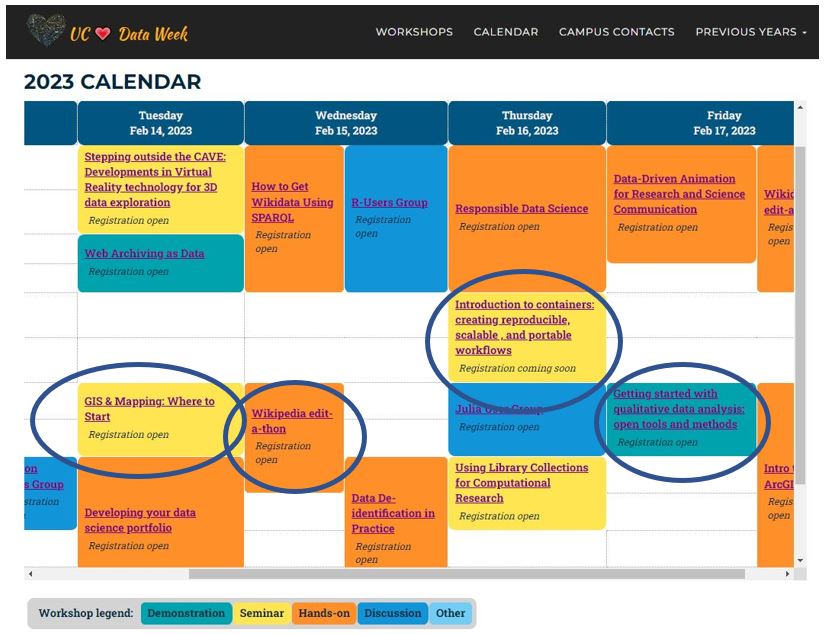
Wikipedia has become so central to our lives that we count on it to represent reality, and solid fact. When we encounter a new phenomenon, we check out our trusty online friend for more information. So, it was fascinating to me recently to see the lines blur between fiction and reality, when Wikipedia was used as a visual and social cue in the movie Tár, starring Cate Blanchett, about a famed female conductor. In the movie, one of the clues to the coming turbulence in Lydia Tár’s life is a screen capture of a mystery editor changing items on the conductor’s Wikipedia entry. It looked and felt so real, the filming and Blanchett’s performance so rivetingly vivid, that many people believed the film was a biopic of a real person. As Brooke LaMantia wrote in her article, No, Lydia Tar is Not Real,
“When I left the theater after watching Tár for two hours and 38 minutes, I immediately fumbled for my phone. I couldn’t wait to see actual footage of the story I had just seen and was so ready for my Wikipedia deep dive to sate me during my ride home. But when I frantically typed “Lydia Tar?” into Google as I waited for my train, I was greeted with a confusing and upsetting realization: Lydia Tár is not real…the film’s description on Letterboxd — “set in the international world of classical music, centers on Lydia Tár, widely considered one of the greatest living composer/conductors and first-ever female chief conductor of a major German orchestra” — is enough to make you believe Tár is based on a true story. The description was later added to a Wikipedia page dedicated to “Lydia Tár,” but ahead of the film’s October 28 wide release, that page has now been placed under a broader page for the movie as a whole. Was this some sort of marketing sleight of hand or just a mistake I stumbled upon? Am I the only one who noticed this? I couldn’t be, right? I thought other people had to be stuck in that same cycle of questioning: Wait, this has to be real. Or is it? She’s not a real person?
Wikipedia is central to LaMantia’s questioning! While it’s easy to understand people’s confusion in general, the Tár Wikipedia page, created by editors like you and like me, is very clear that this is a film, at least as of today’s access date, January 20, 2023… On the other hand, did you know you can click on the “View History” link on the page, and see every edit that has been made to it, since it was created, and who made that edit? If you look at the page resulting from one of the edits from October 27, 2022, you can see that it does look like Tár is a real person, and in fact, a person who later went on to edit this entry to make it clearer wrote, “Reading as it was, it is not clear if Lydia actually exists.” Maybe I should write to LaMantia and let her know.
I tell this story to show that clearly, Wikipedia is a phenomenon, and a globally central one, which makes it all the more amazing that it is created continuously, edit by edit, editor by editor. There are many ways in which our own and your own edits can create change, lead to social justice, correct misinformation and more. While it’s easy to get lost in the weeds of minute changes to esoteric entries, it’s also possible to improve pages on important figures in real-life history and bring them into our modern narrative and consciousness. And it’s easy to do!
If you are interested in learning more, and being part of this central resource, we warmly welcome you and invite you to join us on Wednesday, February 15, from 1-2:30 for our 2023 Wikipedia Editathon, part of the University of Calif0rnia-wide 2023 Love Data Week. No experience is required—we will teach you all you need to know about editing! (but, if you want to edit with us in real time, please create a Wikipedia account before the workshop). The link to register is here, and you can contact any of the workshop leaders (listed on the registration page) with questions. We look forward to editing with you!
